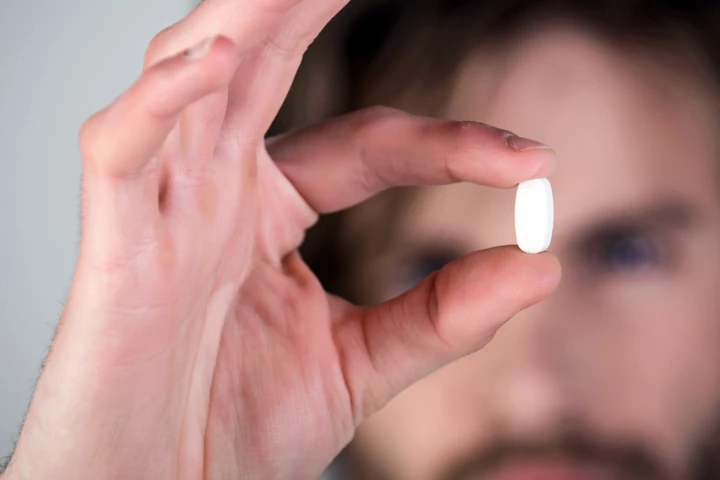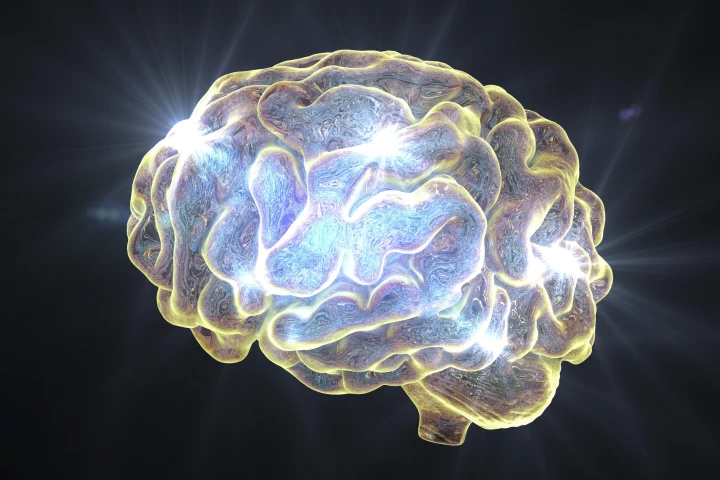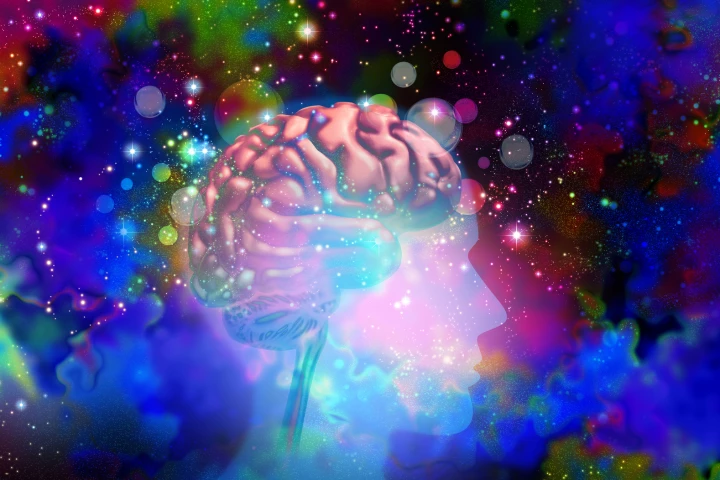Ketamine
-
A slow-release, twice-a-week ketamine tablet significantly reduced depression symptoms, according to the results of a clinical trial. The tablet can be taken at home without medical supervision, making it more convenient than current ketamine treatments.
-
Researchers have revealed how regular ketamine use produces divergent changes in parts of the brain that produce the ‘feel-good’ neurotransmitter, dopamine. The discovery could have significant implications for the treatment of mental illness.
-
A study into using ketamine to treat depression has yielded surprising results. Despite the unique way in which the researchers ensured the trial was ‘blind’, the placebo and treatment groups had the same improvement in symptom severity.
-
A new Australian study trialing the use of a low-cost variety of ketamine for treatment-resistant depression has shown promising results, opening the door to an effective, affordable treatment where other treatments have failed.
-
Like many highly addictive drugs, ketamine causes a rush of dopamine in the brain. But new research in mice from the University of Geneva shows ketamine also blocks the brain process that leads to neuroplasticity, habit formation and compulsion.
-
How much of a problem is it if participants in psychedelic clinical trials can easily tell they have been given a placebo? Researcher Suresh Muthukumaraswamy suggests it is, and many findings from recent psychedelic trials may be over-estimated.
-
A Phase 2 clinical trial has found a single treatment session with nitrous oxide can deliver significant and rapid improvements in patients with treatment-resistant depression, and the research indicates these benefits can last for at least two weeks.
-
The notion of using ketamine as an anti-depressant is gathering steam, and a new study has shown how this might work in practice, with chronic suicidality sufferers offered rapid relief through oral administration of the drug in clinical settings.
-
A new pilot study has demonstrated nitrous oxide, commonly known as laughing gas, may help military veterans suffering from PTSD. A larger trial is now underway after several studies demonstrated potential new uses for the gas.
-
Scientists have discovered a new mechanism to help illustrate the rapid antidepressant qualities of ketamine. Imaging patients with depression revealed ketamine’s effects are a result of its interaction with a particular kind of serotonin receptor.
-
A study led by scientists at Yale University has described the promising early-stage results of a new drug designed to mimic the rapid antidepressant effects of ketamine, but without that drug’s dissociative psychoactive qualities. The experimental drug is currently in early phases of human testing.
-
There remains a lot to learn about ketamine and its close chemical relatives when treating depression. A new study has shed more light on how it can stave off depressive symptoms, with experiments on mice revealing how it repairs busted circuits in the brain.
Load More











